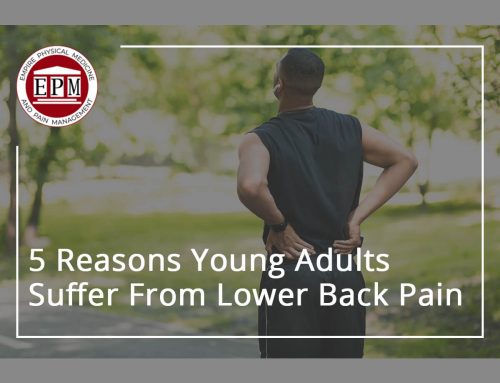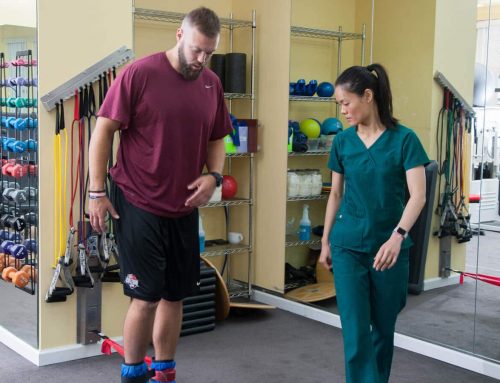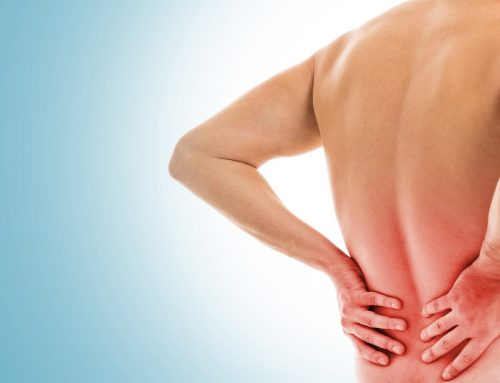
Stop pain today, schedule your appointment at (212) 867-1111.
While it is frequently believed that for the most part the condition is associated with blue-collar workers, this is really not the case. The condition affects all kinds of people from all walks of life. Any activity that involves repetitive motions or long periods of twisting, bending, lifting or sitting will play a major role in increasing the risks.
Discs, tendons, ligaments, muscles and bones comprise a rather complicated structure which has to be taken care of all the time, no matter what.
Bad posture and poor physiology can greatly impact the back and result in pain. For example, poor body mechanics is demonstrated when lifting heavy objects and not bending at knees. This places a lot of strain on the back, as the legs are not used to properly distribute the weight of the object.
Prolonged sitting or standing may tighten and cause pain to the muscles that sustain the spine.
Strains in the lower back are common and they come about when muscles are torn or overstretched. When a sudden force twists or pulls the muscles in the back, muscle strains take place.
Discs serve as cushions between spinal columns. As we get older, the discs might become thinner and lose some of their capacity to absorb shock. Such degeneration in cushioning can lead to complications.
Ligamentous sprains are common causes of back pain and they come about when ligaments supporting the bones are ripped from their attachments. Sprains take place with unexpected, quick movements.
Ruptured or herniated discs result in back pain. The jelly-like material which surrounds the disk may rupture or protrude and pinch a nerve. When this occurs, a condition commonly referred to as “Sciatica” takes places. The ruptured disc presses against the main nerve that journeys down your leg and causes pain to spread out from the buttock down to the back of the leg.
If you are in pain, please, call now.





